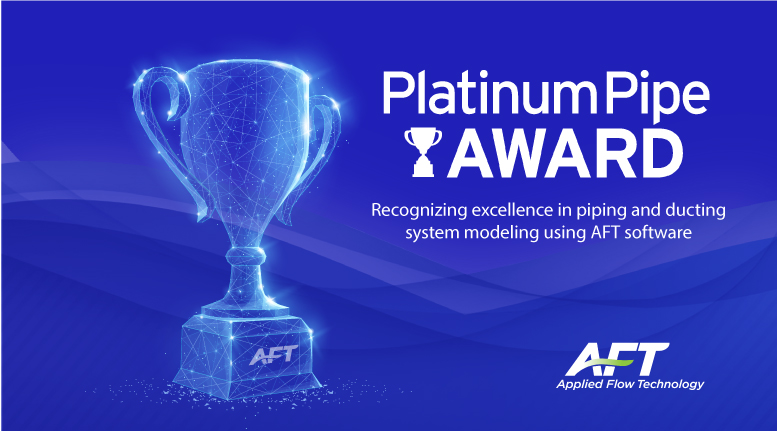AFT Blog
I am writing this from over 30,000 feet (actually 35,001 feet/10,667 meters according to my video map) over the Atlantic Ocean and on my way to Europe. The recent vote of the UK citizenry to leave the European Union (EU) is a hot topic at the moment (what everyone has been calling BREXIT). And I just finished reading yet another article on BREXIT. So I decided to digest some of what I have gathered in an article and here it is.
My career has been spent applying engineering principles to predict the future - specifically how actual or planned physical systems will respond in the future. Such predictions of course allow engineers to make decisions on safety, energy, environmental impact, and cost. Physical systems follow the laws of physics. Compared to other areas of human endeavor like oil, politics, and the economy, engineering is easy.
Safety is a primary consideration in engineering design. Safety for people is always paramount. Safety for the environment is an ever-growing focus of engineers. Any engineer worth the name would feel devastated if their engineering effort failed for some reason to protect people and the environment. One of the things engineers rely on to make system designs and operations safer are analytical tools like those developed by Applied Flow Technology (AFT). How does AFT software make the world a safer place?
AFT Impulse will be celebrating it's 20th anniversary later this year in November. I was the original software developer of AFT Impulse back in 1996 and was still actively writing code up through AFT Impulse 4. So AFT Impulse is near and dear to my heart. Within the next few days we will be releasing AFT Impulse 6 and it will have some new and extremely powerful graphing features (more on that below).
Borrowing a line from Mark Twain, the death of Moore's Law has been greatly exaggerated. Many times over the years. But have the death prognosticators gotten it right this time? And, if so, what will it mean for engineers?
Inventing. Innovating. Creating. Conceiving. Problem solving. Engineering.
When I was a young engineer in the aerospace industry I frequently attended dinner meetings in the San Diego area on science and technology. At one of those meetings (in 1988 or early 1989) the featured speaker was Roger Revelle, often referred to as the father of (man-made) global warming science. Dr. Revelle passed away just a couple years later and while he was far along in years at the time, it was clear his intellect was still sharp. He spent much of his career in the San Diego area at UC San Diego and the nearby Scripps Institute of Oceanography.


